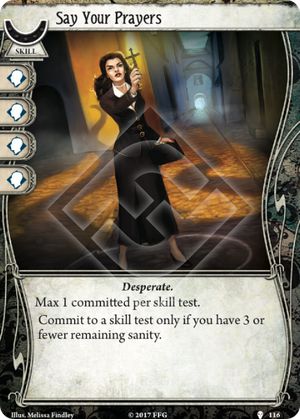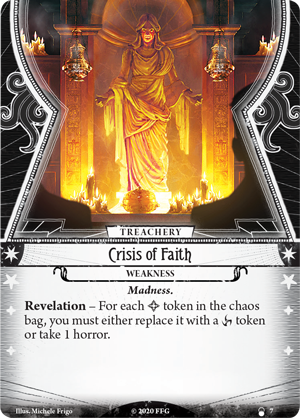
This will usually be bad, yes, I agree with that, but there is one instance this is great, and that is TFA.
In TFA, you will often need to evade enemies instead of killing them, and an asset that costs 1 to evade with 6 base with 4 supplies is really good if you can afford the 4xp upgrade cost.



